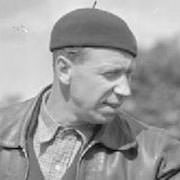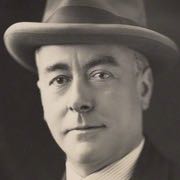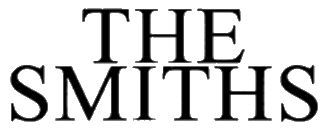George Formby (born James Lawler Booth; 4 October 1875 – 8 February 1921) was an English comedian and singer in musical theatre, known as one of the greatest music hall performers of the early 20th century. His comedy played upon Lancashire stereotypes, and he was popular around Britain. His nickname, "The Wigan Nightingale", was coined because of the way he would use his bronchial cough as a comedic device in his act.
Formby was born into poverty in the industrial north west of England; his mother was an alcoholic and part-time prostitute, and during much of his youth he was maltreated. To earn money he would sing for pennies on street corners, before he joined a singing duo in his teens. He began to develop his own act during the 1890s and built up a following in Lancashire. He also developed a series of stage characters, including that of "John Willie", which is described by the cultural historian Jeffrey Richards as "the archetypal gormless Lancashire lad ... hen-pecked, accident-prone, but muddling through." Formby also had a successful recording career and made the transition from music hall to revue in 1916.
His health had always been poor, but a stage accident in 1916 weakened Formby's lungs, and he suffered increasingly for the next few years, reducing his ability to perform. Tuberculosis and influenza—the latter contracted in the pandemic of 1918—weakened his constitution further, and he died of pulmonary tuberculosis in 1921 at the age of 45. Formby's act, and one of his costumes and canes, inspired Charlie Chaplin in the formation of his character the Tramp. Formby's son also used parts of his father's act when starting his stage career and, once established, also changed his name to George Formby; Formby Jr went on to become the top British male star in box office takings between 1937 and 1943.








